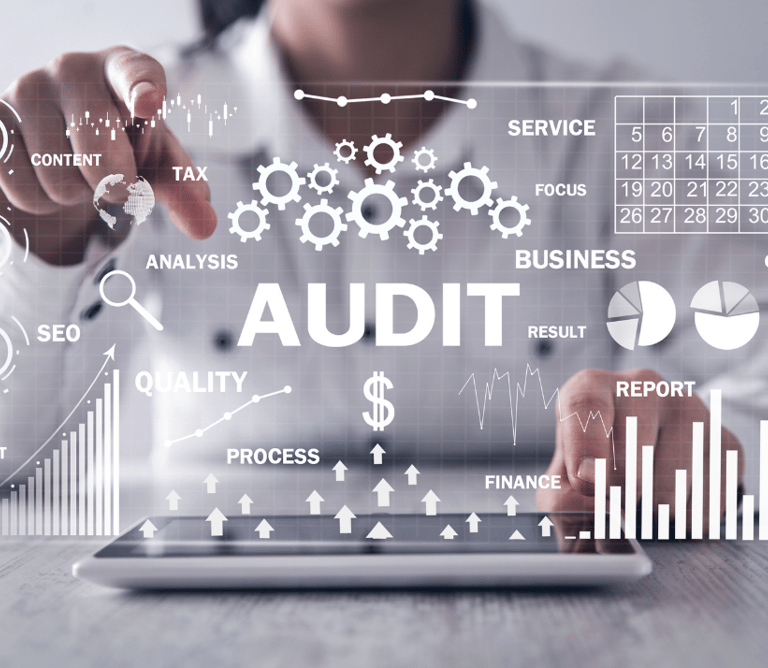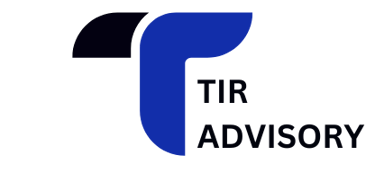PDPA Compliance Program
What is the PDPA?
Thailand’s data protection law
Regulates collection, use, disclosure, storage of personal data
Aims to protect individual privacy and ensure responsible data handling
Full enforcement on 1 June 2022 and is overseen by the PDPC
Why It Matters?
Regulatory Risk — fines (up to THB 5 million), civil liability, and criminal charges.
Business Readiness — Required by banks, partners, and major clients
Operational Efficiency — Reduces errors and improves internal control
Brand Trust — Demonstrates responsibility and builds long-term credibility


How to Start?
Identify what data is collected and why
Review existing notices, consent, and handling processes
Train staff on roles and responsibilities
Seek expert help to build a practical, compliant system


Working paper
Audit report (findings and recommendation)
SEC IT audit reporting template
Reassessment of finding remediation (Optional)
What are the Deliverables?
Ensures compliance with SEC regulatory standards and audit requirements
Strengthens IT governance, risk management, and cyber resilience
Supports business continuity through secure and reliable IT infrastructure
Builds investor trust and safeguards the integrity of Thailand’s capital markets
Why It Matters?
The SEC IT Audit outlines mandatory requirements for information technology (IT) systems used by businesses licensed by Thailand’s SEC. It ensures that these organizations implement proper IT governance, security controls, risk assessments, and audit mechanisms to safeguard business operations and information security
What is the SEC IT Audit?
IT Audit & Control Assessment (SEC IT Audit)
Understand key technologies and data
Identify applicable laws & regulations
Assess risks & prioritize control
Establish ongoing monitoring & training
How to Start?
Organizations are increasingly leveraging technology
Cyber threats are growing in volume and complexity
Technology-related laws are being enforced more strictly
Regulated businesses must meet IT governance and compliance standards
Cybersecurity foundations drive trust and sustainable growth.
Why It Matters?
Managing technology risk and cybersecurity helps organizations identify, assess, and mitigate risks related to their technology environment — from data breaches and system vulnerabilities to third-party risks. It also ensures alignment with regulatory requirements and international best practices, supporting business continuity, compliance, and stakeholder confidence.
What is Technology Risk & Cyber Security Management?


Technology Risk & Cyber Security Management
Contact US
Leave your email for business contact, we will reach out to you asap!
info@tir-advisory.com
+66 95 582 9976
© 2025 by TIR Advisory Co. Ltd. All rights reserved.


